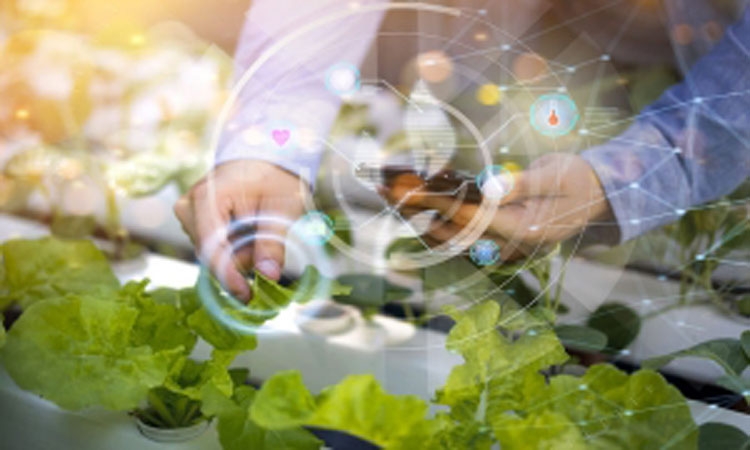The apps can even make your garden grow and help your plants thrive by telling you when your green friends need more water or fertilizer.
Now you can take a photo of any plant and get an immediate and highly accurate identification of the plant type and its features.
Apps like PictureThis and Plantsnap can identify and help people care for thousands of plant species with artificial intelligence and machine learning technology.
The apps train their deep learning models with millions of photos taken by plant lovers and botanists all over the world. To identify a plant, users snap a photo of the plant, and the app identifies it in seconds. Some of the apps not only give the genus and common name of the plant, but also information on its origin, maturity size, and any flowers or fruit associated with that plant.
PlantSnap, one of the most comprehensive apps, has over 600,000 plants in its database and recognizes 90% of all known worldwide species of plants and trees.
PictureThis is a similar plant identification app that also helps users detect issues and care for sick or struggling plants. Users can take a picture of the sick part of plants and get diagnosis and treatment suggestions.
Fighting Invasive Species with AI
Environmental scientists in the UK have been looking for ways to fight invasive plants that cause damage to natural landscapes and building foundations, but some species can be difficult to spot.
Now artificial intelligence researchers are hoping to train machine learning algorithms to recognize invasive plants, so they minimize damage.
Last year, researchers from the UK Centre for Ecology and Hydrology (UKCEH) launched a pilot program to collect images from cameras placed on top of vehicles, then label those images with a GPS tag and use them for training their machine learning algorithms. Vehicle-mounted cameras are a great choice for this project because many invasive species live along vegetated roadsides.
One of the scientists' first tasks is to train their model to recognize Japanese knotweed, a particularly harmful plant in the UK. Once the knotweed is identified, researchers can remove it from vulnerable areas.
If successful, this type of program could be adapted by other countries that are battling invasive plant species.
Highly Sophisticated AI Systems
The artificial intelligence technology behind the latest plant identification apps is particularly impressive because it has learned to recognize and categorize over 300,000 classes. That kind of volume requires millions of training images, particularly because so many plants look similar to each other.
While the app experiences are simple and intuitive, and the results that users get back are useful and accurate, the technology happening behind the scenes is powerful. It puts the vast databases of the natural world right in the palms of our hands – which is a tremendous breakthrough for hobbyists, serious gardeners, and environmentalists alike.
Bernard marr



Revolutionize Your Outreach with USA B2B Contact Data! Business names, emails, websites, phones, social media and linkedIn links, and more.
Why restrict your business potential? Gain access to more than 5 million business contact details throughout the USA for only 49 dollars. With more than 7,900 specialized databases, you’ll have every tool you need to connect with the right companies.
At just $0.00001 per contact, our freshly scraped 20GB data from this year guarantees you have the most current information to drive your campaigns.
Experience the change yourself—download a free sample now: https://bit.ly/usab2bCFL
Unsubscribe here if you don't want to get these fantastic offers: https://bynd.li/unsubscribe
Persbergvegen 115, Ranheim, NA, Norway, 7053